|
A few months ago, I wrote a blog on how to grow a growth mindset organically in the classroom. A growth mindset is not something complex and difficult. It is the simple belief that you can achieve if you continue to approach learning positively. But having a growth mindset is a bit like being told to be happy all the time. It is impossible! You with have low points and sometimes you will find yourself with a fixed mindset. In fact, Gemma Sanchez, who delivers growth mindset lessons to Primary aged children suggests children should get friendly with their mindset. Since making the leap of faith to leave my teaching job of 15 years to embark on my own business, developing mindsets across schools and businesses, I’ve learned that networking with like-minded people can be of enormous possibility and continuous development. So when I spotted Ben Cooper and his WAGOLL Teaching ideas, I was keen to find out more. What interested me most was that he too had ideas and thoughts about Growth Mindset and even though he is based in the much sunnier UAE, our passion for developing and supporting children to allow them to be the best they can be, was clear. But what about the fixed mindset? Developing children's understanding their own fixed mindsets can also have benefits within the classroom. Ben recently posted a Vlog on the development of Growth Mindset and he had some great ideas. Making mistakes, collaborative learning, praise the process rather than outcome, all super tips and pointers. In this mini blog, I just wanted to add a couple of ideas of my own, to support Ben’s. The S.O.S. StrategyNo, not save our sausages etc, but a strategy that everyone can use because ultimately mindset is about choice. When developing the idea with the children, I use actions too, but the message is the most important part. Stop, when you hear your fixed mindset coming into play, saying “I can’t do this, this is too hard, I can’t be bothered…” just notice it, don’t ignore it. Observe, how does this mindset make you feel? Fixed often produces negative emotions. Worry, anxiety, stress, anger. Shift, now you choose. Are you going to stay fixed, feeling negative or can you change and shift your mindset to become more growth orientated? “I will give this is a go, it’s hard because my neurons are firing, I’m going to put effort into this….” The more we do this, the easier it becomes because we are requiring our brain to think differently. We just have to be prepared to put the effort in at first. Celebrate Fixed Mindset Moments Another tip, is to talk about and celebrate a fixed mindset. So often it is deemed as a negative thing, but actually this is where the magic happens. Being the facilitator for change, means we should talk to the children about our fixed mindset moments and seek advice from our pupils on how we could have reacted differently. They have some brilliant ideas and often, things we haven’t even thought of. Encourage the children to do this too. I used to have a letter box, where children posted their fixed mindset moments in and in those snippets of time, we would get one out and talk about it in a supportive way, but also celebrate if someone managed to change from fixed to growth. Learn About The BrainFinally, teach the children about how their brain learns. Once the children understand the science behind learning, how their brains makes neural connections that get stronger the more we practise something, it can be a real game changer for them.
0 Comments
Leave a Reply. |
SearchWith a keen interest in the neuroscience and psychology of learning, WAGOLL Teaching is about sharing research alongside great, simple teaching ideas to a global teaching community.
Ben has been in education for over 10 years and is passionate about simplifying high quality teaching and learning through innovative and practical approaches in the classroom. sUBSCRIBE |
|
Who are we? |
With a keen interest in the neuroscience and psychology of learning, WAGOLL Teaching is about sharing research alongside great, simple teaching ideas to a global teaching community.
|
All copyright reserved ©.
I would like to remind all visitors to this website that all pages on this site are copyright protected, unless stated. Most importantly, this site is for the use and enjoyment of all children, parents, guardians, carers and teachers who are involved in WAGOLL Teaching. Please use the resources/ideas as you need without replicating them for your own gains.
I would like to remind all visitors to this website that all pages on this site are copyright protected, unless stated. Most importantly, this site is for the use and enjoyment of all children, parents, guardians, carers and teachers who are involved in WAGOLL Teaching. Please use the resources/ideas as you need without replicating them for your own gains.


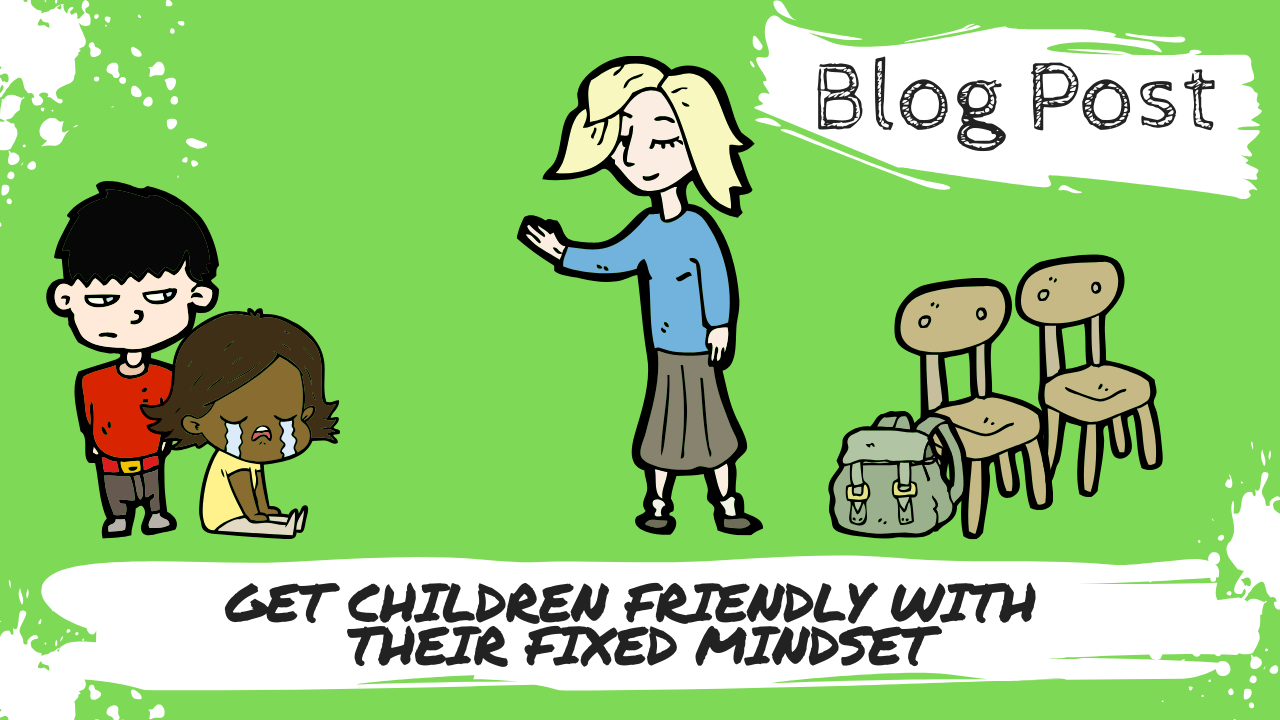
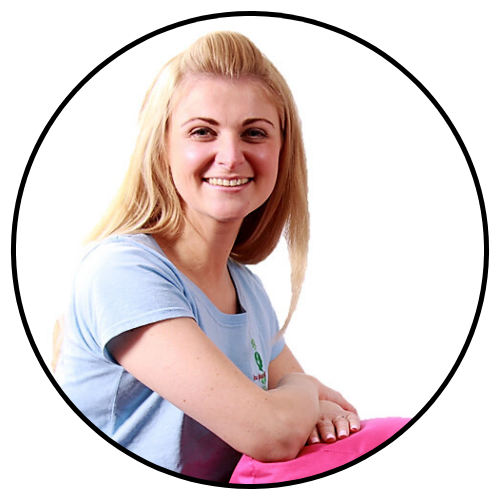
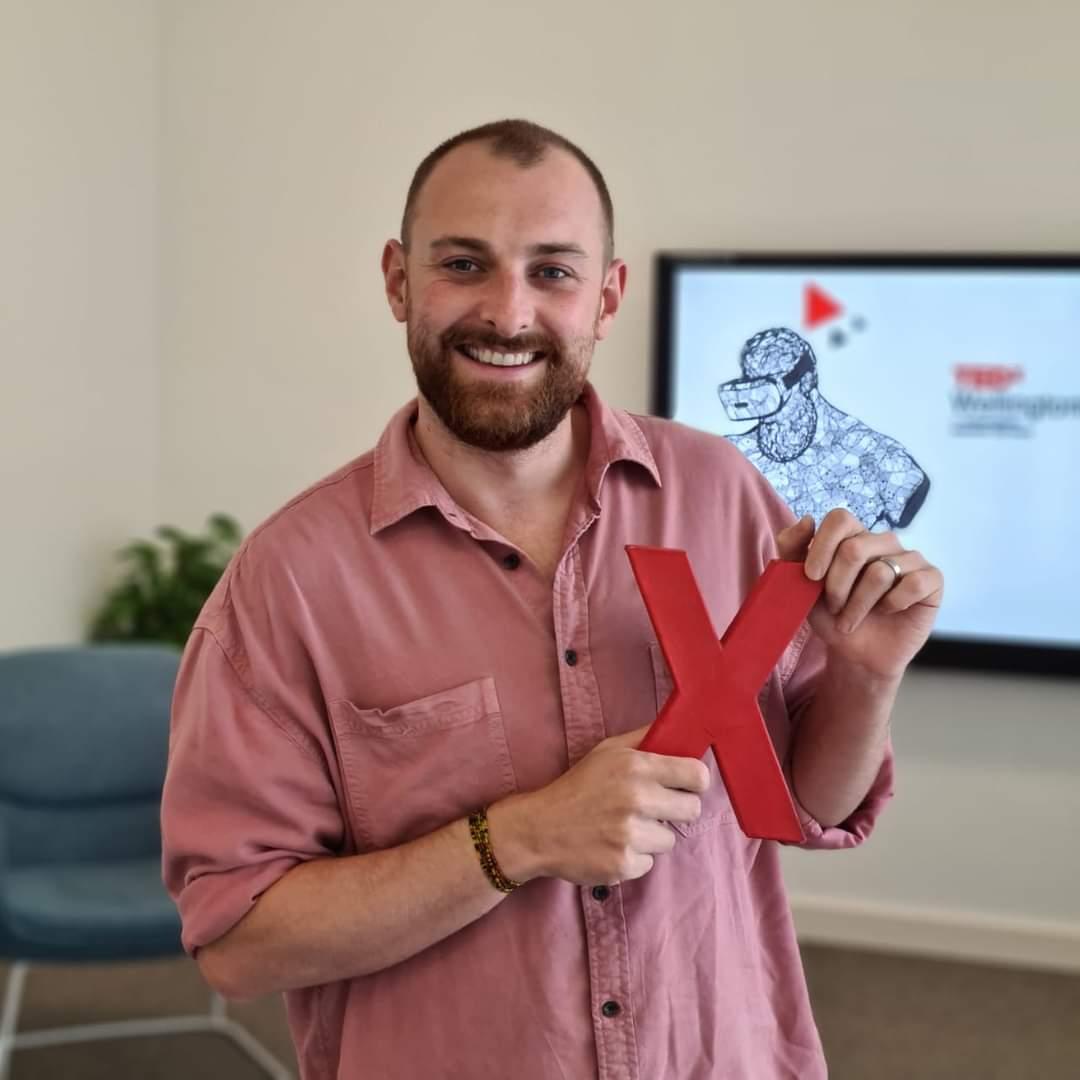


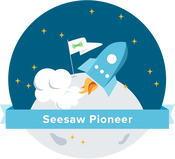
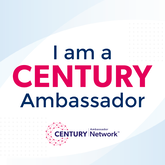
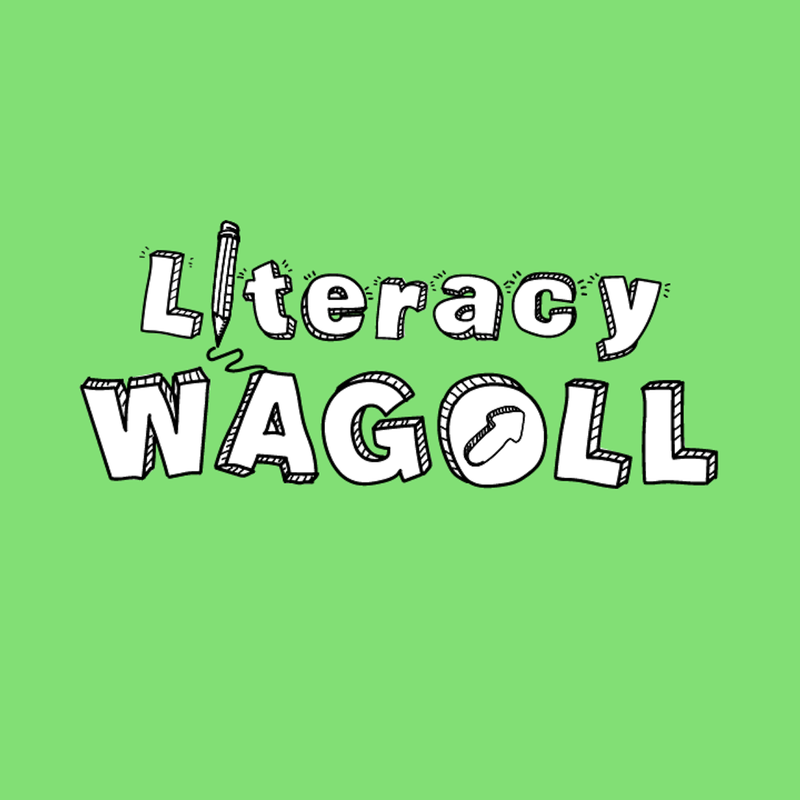
 RSS Feed
RSS Feed


